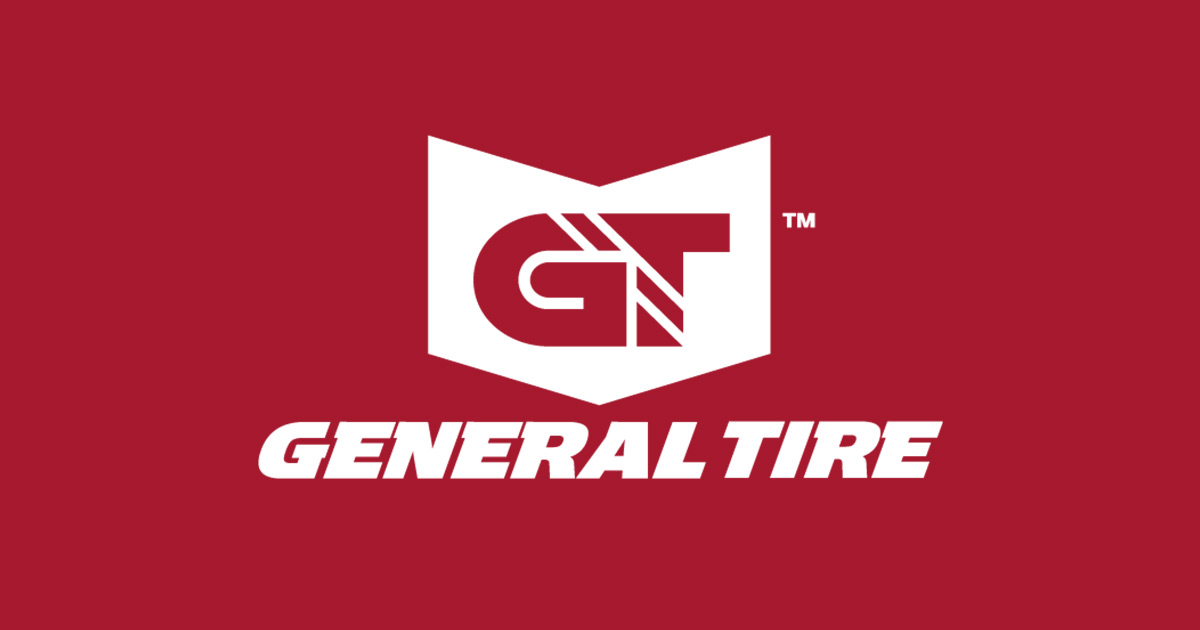In my opinion, you don't want brakes on both axles (all four wheels) of a tandem trailer. If on slick roads, the trailer fishtails much easier when all wheels lock up rather than one of two axles. You want one axle to keep rolling freely to make the trailer track better. That is one of the benefits of a tandem axle vs. a single axle on slick roads; on a tandem, you can have one axle with braking and the other free rolling. When you have a single axle with brakes and those tires lock up on slick road, the trailer is much less controllable. Same reason why a rear wheel drive vehicle that is a "one wheel wonder" is easier to regain control from a fishtail when compared to a rear wheel drive vehicle with a rear locker engaged. And same reason why antilock brakes offer better control (steering, recovery from fishtail/slides, etc.) than locked up brakes.
For all out stopping power on dry roads in a straight line, then yes, brakes on both axles have the potential for greater maximum stopping power. But brakes on all wheels works against you on any surface with compromised traction (gravel over a hard road surface (think marbles), rain-slicked roads, snowy/icy roads or anywhere you have the brake controller set too high for an intermittently slippery road condition). Most of us tend to set our trailer brake controller on each trip and adjust it for the weight of the load and for the road conditions where we test/set it, but keep in mind that when we encounter a road surface with less traction than where we test/set the controller that day, the controller can easily overpower the available amount of traction and lock up the trailer brakes. Having one axle NOT lock up is best for control. My 16" enclosed, tandem axles has electric brakes on only one axle. The manufacturer offers brakes on the second axle as an option, but I personally don't want them because I value trailer control on slick roads over dry road, straight line, all-out braking power. I encounter such a braking scenario (dry road, straight line, emergency braking) about once every 5 years, but drive slick roads, where both axles would easily lock up if equipped with brakes, every weekend all winter long and that would compromise trailer control so the decision is easy for me. Everyone should evaluate their typical driving conditions/road surface conditions and let that guide their tandem trailer brake setup.
Single axle trailers of course don't have a choice. But that is why most of my summer-only trailers are single axle but the 16' enclosed trailer we use for both summer and winter, I bought with tandem axles (I didn't need tandem axle for the weights I carry); so I'd have one axle with brakes and the other free-wheeling for trailer control on slick roads.




![Grabber_Arctic_LT_Lt3Q[1].png Grabber_Arctic_LT_Lt3Q[1].png](https://www.snowest.com/forum/data/attachments/341/341925-4681f1b6a773d4c9903b07de2b616e7b.jpg)

